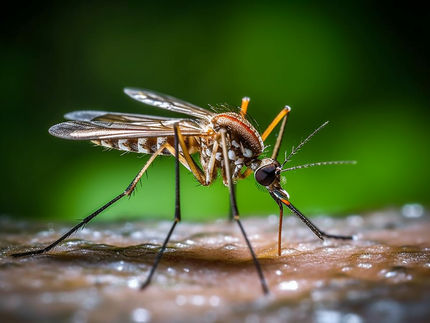A pesticide-free way to combat mosquitos and West Nile virus
Advertisement
Researchers at the University of Waterloo may have discovered a new, pesticide-free way to limit mosquito populations in some area and reduce the spread of the West Nile Virus.
Waterloo researcher Brad Fedy discovered that introducing hungry minnows into bodies of water where mosquitoes breed results in the minnows feeding on mosquito larvae, which dramatically decreases the number of adult mosquitoes capable of carrying the disease.
"The best strategies to limit mosquitoes start at the larval stage. Unfortunately, in North America, control efforts are largely limited to larvicides, which require a repeated application and have potentially negative ecological impacts," said Fedy. "Addressing the problem with minnows provides many benefits in that it is low-maintenance, cost-effective, better for the environment in many cases, and our health."
The study took place over three years and introduced minnows into ten treatment reservoirs. Researchers monitored an additional six non-treated reservoirs.
Treatment ponds demonstrated suppressed levels of mosquito larva over each season compared to controls with a model-predicted 114 per cent decrease in larva density within treatment ponds.
"There are many potential advantages to using indigenous fish species as an alternative for larval control including lowered environmental impact, decreased costs regarding time and financial inputs, and the potential for the establishment of self-sustaining fish populations," said Fedy. "This isn't a complete solution to the dangers of West Nile, but it should be considered as part of any plan to protect the health of vulnerable populations."
Fedy and his team discovered the method while researching sage grouse populations in the intermountain west. Sage grouse populations suffer adverse impacts from mosquitoes transferring viruses like West Nile and investigated ways to mitigate those negative impacts. What they discovered could also improve human health.





















































